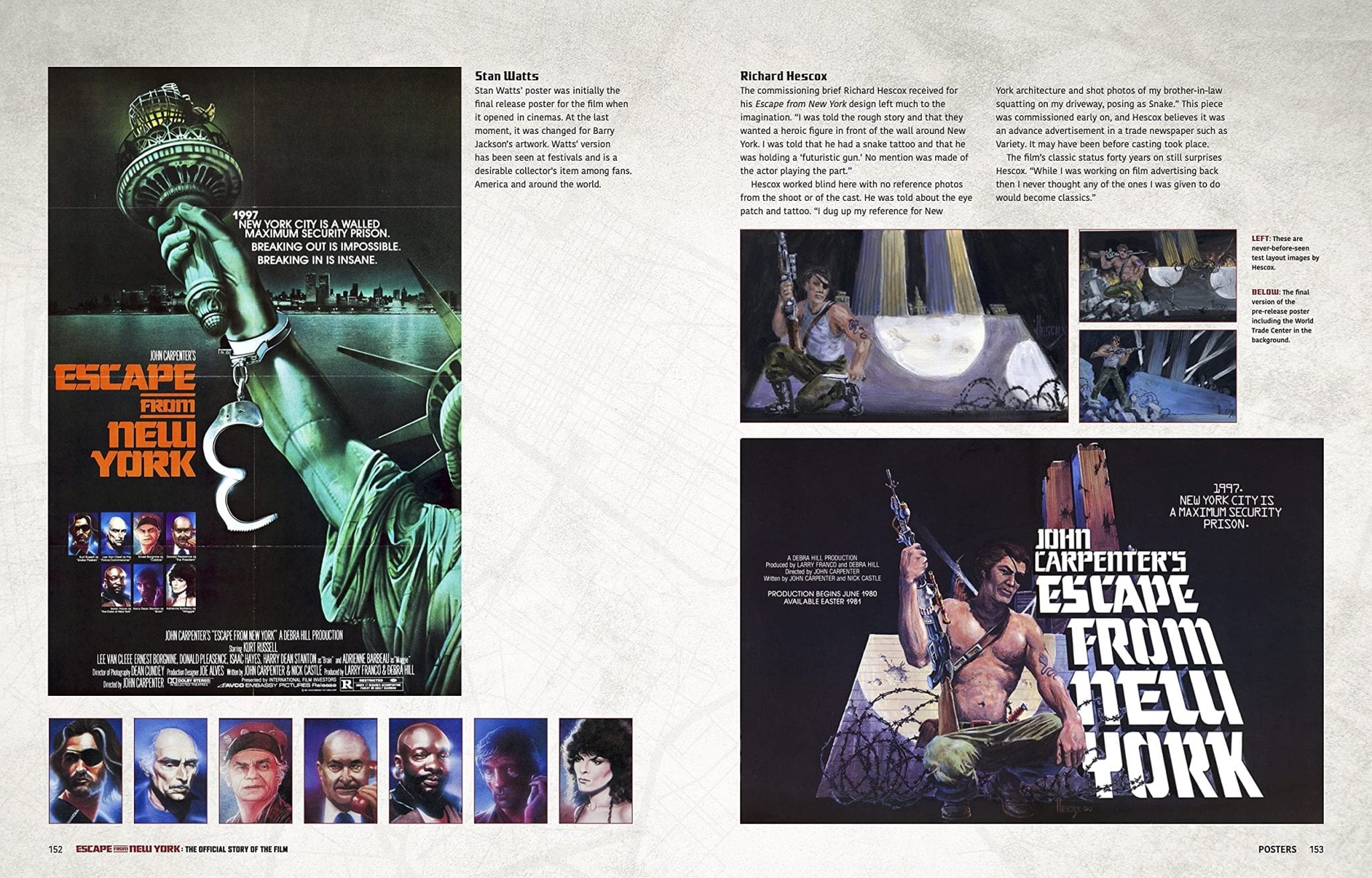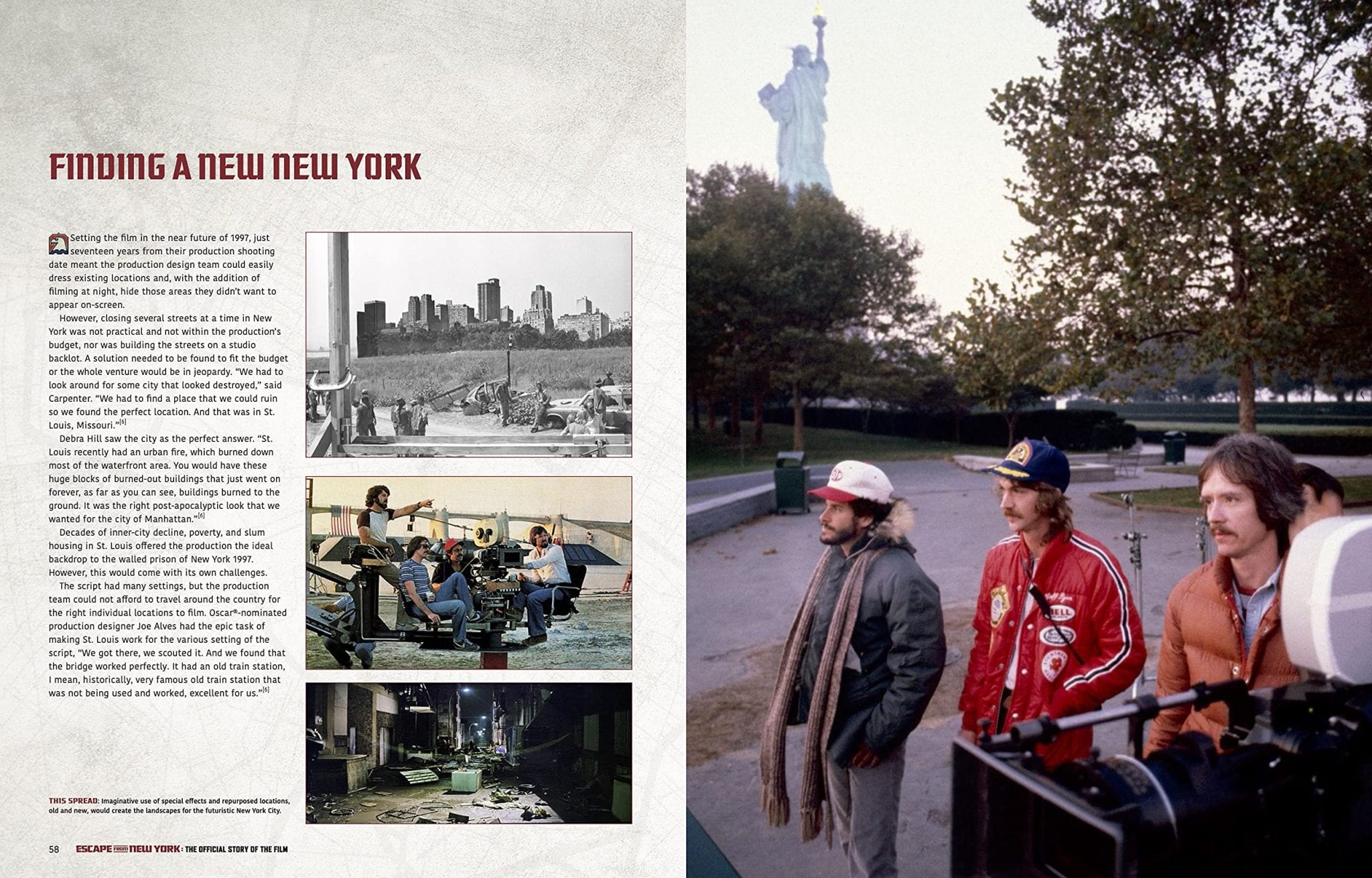
Upon his arrival, Roberto is told that Gaby is not home. He wants her to forget about the past and look to the future. The film ends with a confrontation between Alicia and her husband. This juxtaposition of fact and emotion are meant to evoke the mood of hope and hopelessness in reaction to a war environment.

The film suggests that Sara may not actually be Gaby's real grandmother, and briefly explores the fact that Gaby's true family may never be known. At a family dinner, Roberto has an intense political argument with his anarchist father and brother, where he uses the political point of view of the ruling conservative military elite, and his father and brother argue from the side of social justice. She finds out that her husband played a major role in the regime's repression and participated in intensive dealings with foreign business representatives. Ana had been tortured by ultra-right paramilitary forces loyal to the brutal Argentine regime for having lived with a so-called subversive man.Īlicia learns the identity of Gaby's grandmother, Sara (Chela Ruiz), who reveals the identity of the girl's disappeared parents. While hard to believe, Alicia, as other members of the Argentine middle class, is not aware of how much killing and suffering has gone on in the country, until her students begin to complain that the "government approved" History books given to them were written by the regime's "assassins".Īfter Ana ( Chunchuna Villafañe), Alicia's long time friend, returns from her exile in Europe, Alicia begins to do some serious political and personal research on her own. Yet, he knows the story of his daughter's adoption. It begins five years after Alicia (Norma Aleandro), a History high school teacher and, Roberto (Héctor Alterio), a wealthy businessman and lawyer with close ties to the military junta, had adopted a baby girl named Gaby (Analia Castro).Īlicia starts wondering about the real parents of Gaby, a topic her husband has told her to forget as it was a condition of the adoption. The film looks upon a married couple torn apart by the campaign of killings and torture that sent thousands of accused political leftists to unmarked graves in the mid 1970s during the period known as the Dirty War.

The mother comes to realize that her daughter may be the child of a desaparecido, a victim of the forced disappearances that occurred during Argentina's Dirty War in the 1970s.Īmong several other international awards, it won the Oscar for Best Foreign Language Film at the 58th Academy Awards, being the first Latin American film to achieve it. The film is about an upper middle class couple in Buenos Aires with an adopted child. In the United Kingdom, it was released as The Official Version. It stars Norma Aleandro, Héctor Alterio, and Chunchuna Villafañe, among others. The Official Story ( Spanish: La historia oficial) is a 1985 Argentine drama film directed by Luis Puenzo, and written by Puenzo and Aída Bortnik.


 0 kommentar(er)
0 kommentar(er)
